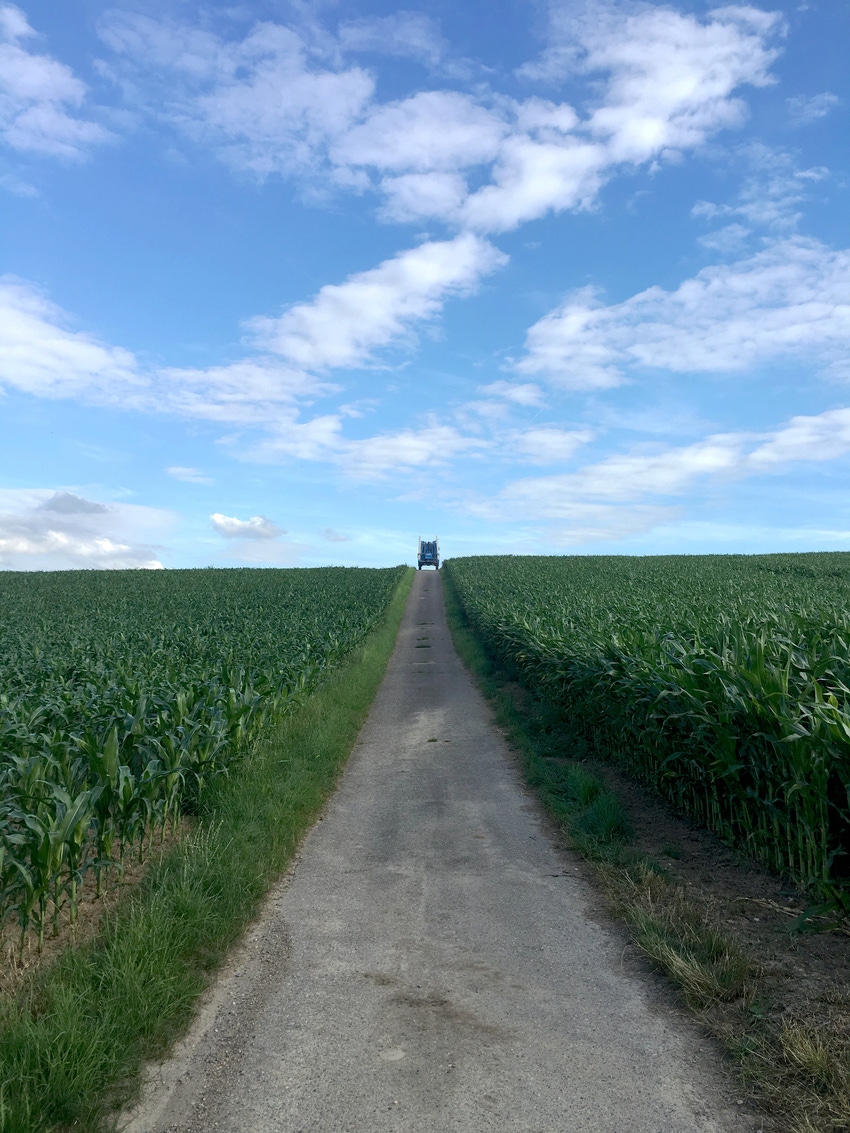
The other day, a third-hand conversation brought up an interesting perspective. This young, new lender to agriculture had $20 million of potential loans in his pipeline. He indicated to the farm management consultant that he felt okay because land values were still strong in his area. My perspective is that this thought process is very common, particularly later in the stages of an elongated economic downturn.
Profits and cash flow are first to be suppressed in the stages of an economic downturn. The strong, proactive manager will burn through working capital that was built during good economic times. The reactive manager will usually resort to refinancing to replenish financial liquidity on the balance sheet and continue operations.
In the middle stages of the economic cycle, both reactive and proactive managers may have to resort to debt restructuring. The unfortunate reality is that reactive managers may be on their second or third refinance.
Relying too heavily on land equity can set a dangerous precedent to inexperienced agricultural lenders. If land values start to decline or if an individual burns through enough equity capital, then the producer’s options to refinance are limited due to lending restrictions at their financial institution.
Profits and cash flow are necessary to pay expenses and fulfill debt service requirements for long term success. It is crucial to develop an action plan to position the business to be profitable.
The importance of land collateral cannot be discounted in the five C’s of credit. However, land creates a sixth “C” in both producers and lenders: complacency. This can lead to a slippery slope if losses against land equity are not closely monitored.
In this stage of the economic cycle, land equity is being squeezed. It will be interesting to see what variables will impact this asset in the coming years. The wise, young lender will be cautious on relying too heavily on land collateral during the loan process.
About the Author(s)
You May Also Like






